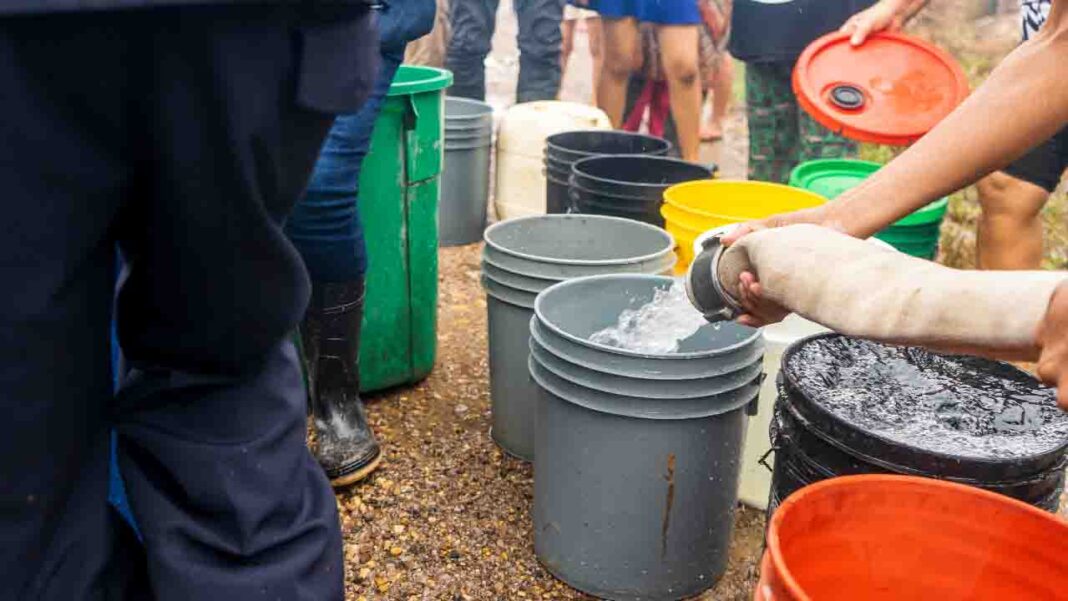Dr. Ayanna Alexander says, when she was living in Jamaica, there had not been rain for months, water restrictions was severe and would receive water once a week. At that moment, she was a medical doctor and public health professional from Trinidad and Tobago.
She was able to see first-hand the devastation effects of this problem on her patients, in the pediatric emergency department. Dehydration and gastrointestinal was observed, specially affected are younger children, who cannot adapt to recover fast from illnesses.
Impact on water resources has been immense, and the Caribbean is no stranger to this devastation, due to climate change. The threat to public health as frequent intense storms and hurricanes, rise in sea level and droughts. Contribution to water pollution, dehydration, contamination and spread of diseases.
An appropriate example is, when hurricane Maria hit Puerto Rico in 2017 and the effect it had on the water supplies system leaving hospitals and clinics without proper drinking water. This resulted in an increase in water borne diseases with severe health issues.
To make things worst coastal flooding and rising sea levels, resulted in salt water mixing with fresh water sources, making it very hard for the community to source fresh water. Water scarcity had resulted in failing hygiene level and sanitation practices. Dr Alexander, indicated there are farmers watering their crops with unclean water increasing chances for those individuals to contract illnesses.
Dr. Adrian Cashman, an expert in water source management said, although there are challenges, a solution can be found. These problems have been pressured in the Caribbean, to address and try to create solutions and adopt to climate change. Solutions in the form of finance and implementation are being addressed in region’s water management practices.
Recently the Caribbean community climate change center (CCCCC), collaborating with other organizations, has stationed a number of water storage tanks across St. Kitts and Nevis, in schools, health care centers, and shelters. In schools, as water is stopped the children are sent home, this program will ensure children get a continued education, said Ms. Hughes, director government, St Kitts and Nevis.
By providing additional water sources, education opportunities and public health can be protected, create somewhat a healthy atmosphere, giving the community one less problem to worry about.













